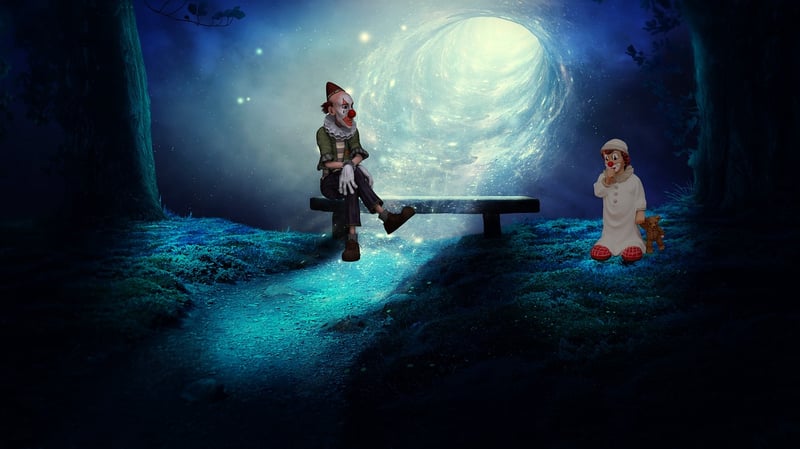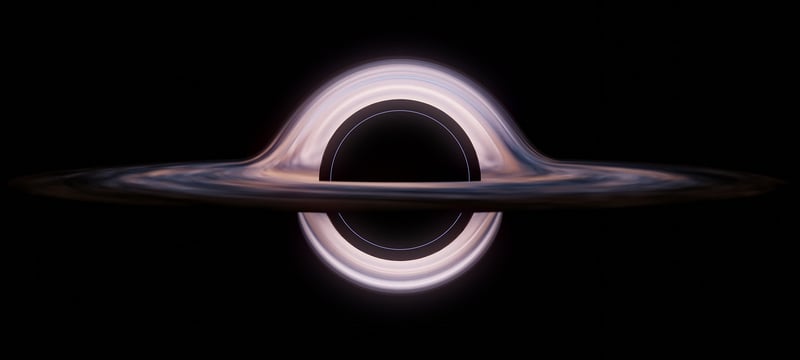Space-Time Continuum
The Science Behind Time Travel and the Space-Time Continuum
Time travel has long been a fascinating concept in science fiction, but is it actually possible according to the laws of physics? Let's delve into the science behind time travel and the space-time continuum.
Understanding the Space-Time Continuum
The space-time continuum is a fundamental concept in physics that combines three dimensions of space with one dimension of time into a single four-dimensional continuum. According to Einstein's theory of general relativity, space and time are intrinsically linked, forming this fabric of the universe.
Wormholes and Black Holes
One of the proposed methods for time travel involves wormholes. Wormholes are theoretical passages through space-time that could create shortcuts for long journeys across the universe or even allow for time travel. However, the existence of wormholes remains purely speculative.
Black holes, on the other hand, are regions in space where gravity is so strong that nothing, not even light, can escape. Some theories suggest that black holes could potentially be used as a means for time travel, but the complexities and paradoxes involved make this a highly debated topic among physicists.
Time Dilation
One of the most well-established concepts related to time travel is time dilation. According to Einstein's theory of special relativity, time can be experienced differently for two observers depending on their relative motion or gravitational fields. This phenomenon has been experimentally verified with high-speed particles and atomic clocks on satellites.
Challenges and Paradoxes
While the idea of time travel is intriguing, several challenges and paradoxes arise when considering its feasibility. The famous "grandfather paradox," where a time traveler could potentially prevent their own existence by changing the past, highlights the complexities involved in time travel theories.
Moreover, the energy requirements and technological advancements needed to manipulate space-time for time travel are currently far beyond our capabilities, making it a topic more suited for science fiction than reality.
Conclusion
In conclusion, while time travel captures the imagination and curiosity of many, the science behind it remains largely speculative and theoretical. The space-time continuum, wormholes, black holes, time dilation, and the various paradoxes associated with time travel challenge our understanding of the universe and the nature of time itself.
For now, time travel remains a fascinating concept that pushes the boundaries of our scientific knowledge and inspires creative thinking in the realms of both science and fiction.


